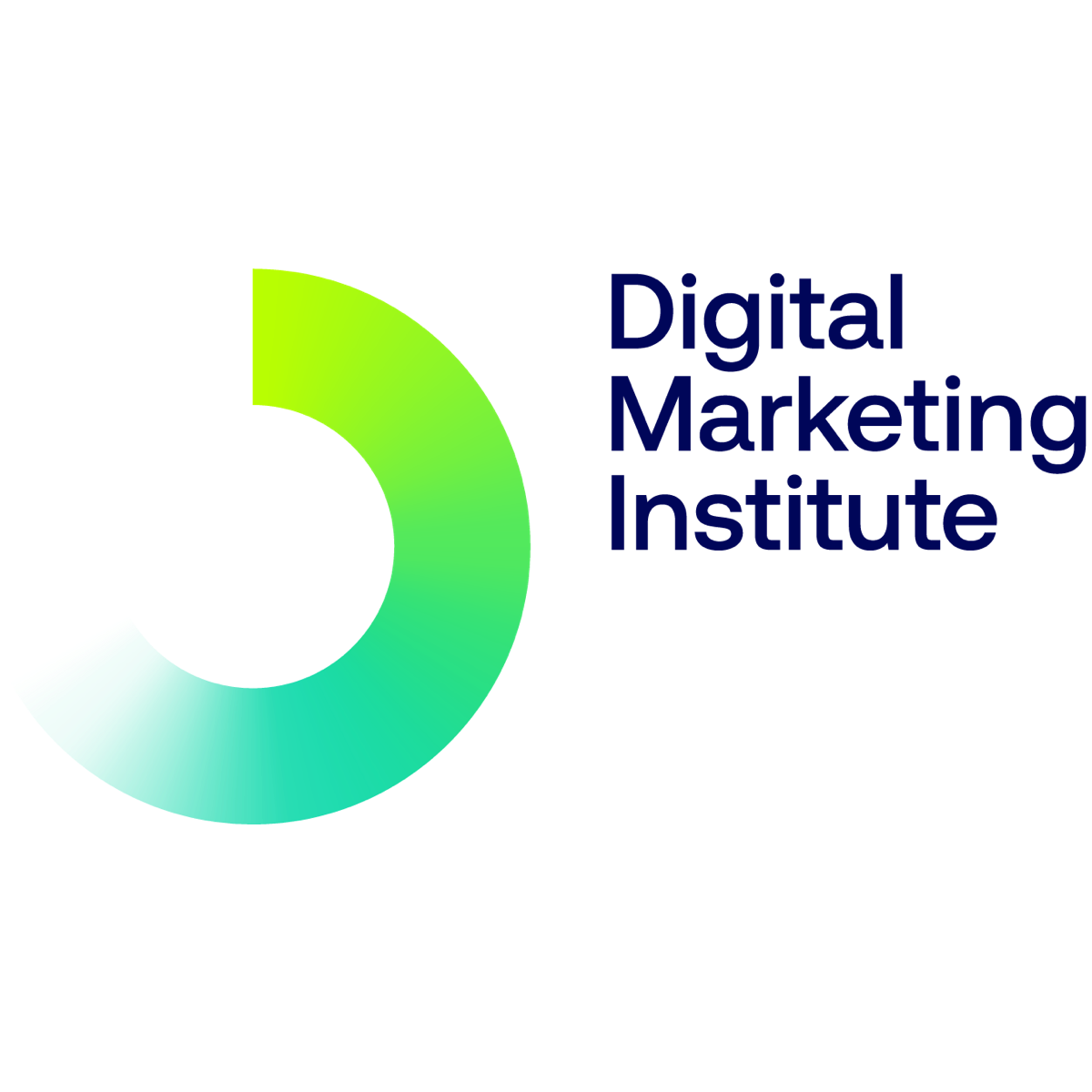Back to Courses









Business Strategy Courses - Page 41
Showing results 401-410 of 543

Introduction to Market Research
This course concentrates on the foundations of market research. You will be introduced to the essentials and nature of market research, the research process and the importance of a research proposal. Focus will be devoted to problem formulation, problem solving, research questions and research objectives. The course will be completed with a discussion of ethics on market research.
Learners who successfully complete this course will be able to:
- Discuss the fundamentals of market research
- Reflect on the research process
- Formulate research questions and research objectives
- Develop a research proposal
- Ethics in market research
This course is for market research analysts, social media strategists, marketing managers, product managers and market researchers.
Create Organizational Templates in Trello
By the end of this project, you will discover how to create Organizational Templates in Trello.
Trello is a resource that has proven profitable in so many industries because of its benefits as a proven real-time organizational tool. It can be utilized personally or professionally in almost any role, but is particularly useful for managing personal taskings or among those that find themselves in roles related specifically to executive management, administration, accounting, account/project management, public relations, advertising, event planning, IT, education, etc.
Upon completing this project, you will be able to set up your own Organizational Templates in Trello.
Note: This course works best for learners who are based in the North America region. We’re currently working on providing the same experience in other regions.

Inventory Management
Inventory is a strategic asset for organizations. The effective management of inventory can minimize a company’s spending while dramatically increasing its profit. In this course, we will explore how to use data science to manage inventory in uncertain environments, how to set inventory levels based on customer service requirements, and how to calculate inventory for products that have short sales cycles.
Financial Statements, SEC Filings and Ratio Analysis
The objective of Financial Statement and Ratio Analysis for MBAs is to provide you with the knowledge and skills necessary to analyze, interpret, understand, and use financial information to make informed decisions. We will discuss financial reporting from a user’s perspective, use a variety of tools to break apart financial reports into meaningful units for analysis, forecast financial statements, and value a firm. This course is intended to give you exposure to the issues facing users of financial statements. You will better understand your role in the financial reporting process if you know how the financial statements will ultimately be used.
Financial Statement and Ratio Analysis for MBAs will require you to think critically about issues for which there can be more than one “correct” answer. Hence, your analysis and conclusions must be based on sound assumptions and well-constructed analysis and arguments.

Social Media and Social Content Strategy
Digital Marketing Institute is the global standard in Digital Marketing Certification. Our mission is to give our students the confidence and knowledge they need to advance in their careers through this specialization.
More than 3.6 billion people globally are using social media in 2021 so social is certainly popular. But with advertising spend on social expected to surpass $100 billion in 2021, clearly social media is as much about big business, competition, and profit as it is about connecting people. If you want to understand the forces transforming businesses today and, in particular, the key challenges facing social media marketers as they attempt to cut through the noise, engage their audiences, and demonstrate tangible business value, this course will help you do so.
You will learn the core principles of social media marketing before drilling deeper into engaging, nurturing, and building a loyal social community. After completing this course, you will be able to: -
• Identify the benefits and advantages to a business of using social media to engage an audience
• Differentiate between the social platforms used by businesses and their relative advantages for targeting consumers
• Set up a social media account for a business
• Build, manage, and sustain an active social media community
This course also introduces social content strategy and explains how to balance the advantages of organic social content seeding against the immediacy of paid social content promotion. It covers how to implement a content strategy and the basics of measuring its effectiveness. This is the second course in the Digital Marketing Institute’s Social Media Marketing specialization.
On completion of all courses in your Specialization, you will also be awarded a Digital Marketing Institute Certified Digital Marketing Associate certification, along with three months of free Power Membership, allowing you to boost your career and unlock your next opportunity. 92% of DMI members have said their courses have had a positive impact on their careers, while 88% are now working at senior or manager level.

Analyze User Experience (UX) Survey Data in Miro
By the end of this project, you will be able to review, categorize, and visually report findings from User Experience research.
To do this, you will gain hands-on experience applying design thinking, pattern recognition, analysis skills, and context from User Experience survey research to create an analysis visualization in the Miro online visual collaboration platform for teamwork.
Note: This course works best for learners who are based in the North America region. We’re currently working on providing the same experience in other regions.

Managing Innovation: Ambidexterity, Teams and Leading Change
You may have noticed that what is new often behaves differently than what has become accepted over time, whether it is in a market, or a technology, or involves people and firms. Much research supports these general ideas, and one implication is that management of innovation often requires different approaches and skills than management in established arenas. This course helps you develop a perspective on managing innovation. That is, you will build your capability to lead and design your organization to effectively implement innovation initiatives and achieve their strategic intent.
To do this, you will learn a set of frameworks, tools, and concepts that can help you address several important challenges in managing innovation. The first regards how to successfully implement innovation efforts within established firms and alongside established businesses. A second is leadership of new product development teams. The course also covers leadership of organizational change, which is often a critical part of driving innovation initiatives forward.
Through covering these topics, the course will help you:
- Analyze innovations and their impact on organizations
- Articulate a research-informed perspective on innovation management
- Utilize frameworks, tools, and concepts to address leadership challenges that arise in innovation

Business Models For Sustainability
We can no longer ignore humans’ negative impact on the planet. While some parts of the world still can close their eyes to shared and global sustainability challenges, the negative consequences of human activity in other parts of the world have increasingly detrimental effects on the planet and people’s lives. For example, in recent years, global warming is leading to heavy rainfall at unusual times of the year. As a result, in India, some farmers have lost their entire cotton harvest. We also begin to see and understand the negative impacts of global plastic use and waste on nature, animals, and the things we eat.
Change towards sustainability needs to happen at many levels of our societies. Global business activities are one of the major causes of the current situation. However, businesses also holds great potential to take the lead in creating more sustainable organizations and practices. In this course, we explore the role that businesses can play in actively transforming their operations and society as a whole towards sustainability and prosperity for all.
This course was created by some of the leading researchers on business model theory and social entrepreneurship in Europe in collaboration with both small and large companies across various sectors investing in sustainable business model innovation. This course provides an overview of sustainable business model theory and innovation and discusses business models as essential tools in transforming to more sustainable businesses. Throughout the course, we will use the theory of sustainable business models and sustainable business model innovation as a foundation to investigate how companies can implement more sustainable business practices. We will provide you with a rich opportunity to examine their efforts and consider strategies for your organization. We would greatly appreciate if you would also enlighten us with business examples from your countries to discover new ways of dealing with sustainability together.
By the end of the course, you will have an understanding of some challenges and opportunities companies face in their work towards creating more sustainable business models. You will be able to explain, discuss, and critically use the sustainable business model theory and tools to manage innovation towards more sustainable practices.
We have developed this course in close collaboration with an amazing group of people who have contributed with their knowledge and practical experiences, and we have learned so much. We are very excited to continue this journey with you and hope you will find the course insightful, useful, and inspiring. Let’s get started!

5G for Everyone
Take the next step in your career by gaining a greater understanding of 5G technology and how it is changing the way we operate both personally and professionally. Learn how 5G is revolutionizing the business world and begin to understand how 5G can benefit your business by helping you meet your ever-evolving needs. You do not need any prior knowledge of 5G or other wireless technology to take this course.
WHY TAKE THIS COURSE?
- Understand what 5G technology is, the endless possibilities it offers, and how you can leverage it to enhance business strategy.
- Receive 5G training from engineers at Qualcomm Technologies – a world leader in 5G tech and wireless communication.
- Receive a Qualcomm-branded certificate of completion that may help you get that next job or promotion.
COURSE OUTLINE:
- Overview of wireless and cellular communications.
- Overview of the 5G NR vision.
- Introduction to 5G networks and features.
- Discuss 5G spectrum and mmWave.
- Learn about Massive MIMO and its impact on wireless technology.
- Discuss the evolution of the 5G radio access network (RAN).
- Dive into 5G private networks and industrial IoT.
- Overview of 5G security.

Web3 and Blockchain Transformations in Global Supply Chains
The global supply chain is a $50 trillion industry and is the foundation of our global economy. While information technology has improved the flow of goods globally over the last few decades, as the COVID-19 crisis revealed there is still critical work to do. Today’s supply chains are complex, with parties conducting their transactions through a Byzantine network of computer systems with disparate applications like e-mail, phone, and fax. There are invoices, letters of credit, bank guarantees, bills of lading, tax forms, receipts, and other paperwork moving through this complex labyrinth. Payments are made through a hodgepodge of intermediaries, and consumers and supply chain players alike struggle to get accurate information.
Enter blockchain—the Internet of Value. For the first time in human history, individuals and organizations can manage and trade their assets digitally peer to peer. These assets can be digital like money, identity, and private information; or they can be physical assets represented by digital tokens. Parties to a transaction achieve trust not necessarily through an intermediary, but through cryptography and clever code. In this course, you will learn how blockchain can improve global supply chains by streamlining processes, reducing costs and fraud, improving supply-chain visibility, authenticating assets and their origins, and ultimately fuelling product innovation.
Development of this course was made possible thanks to the generous support of FedEx. Dale Chrystie, Business Fellow & Blockchain Strategist at FedEx, appears in several of the course videos, bringing a real-world industry perspective to the course. The scripts for these videos have been written and/or reviewed by the Blockchain Research Institute and approved by INSEAD to ensure that this content is pedagogically sound, unbiased, and academically rigorous.
Popular Internships and Jobs by Categories
Browse
© 2024 BoostGrad | All rights reserved


